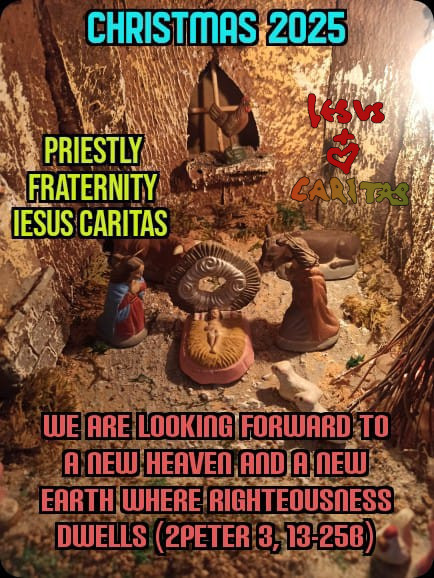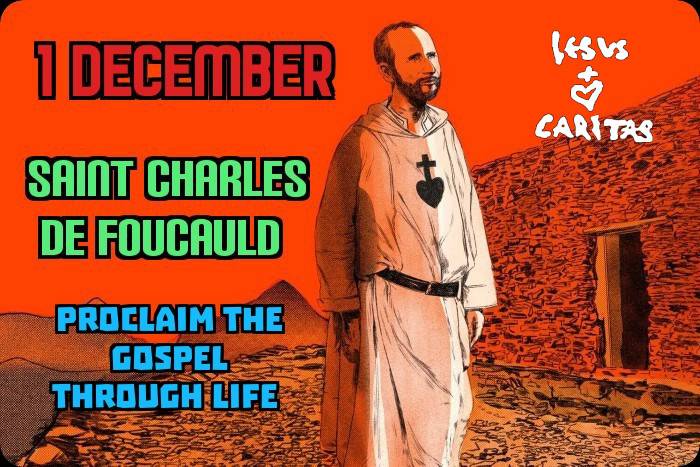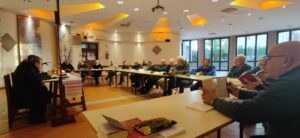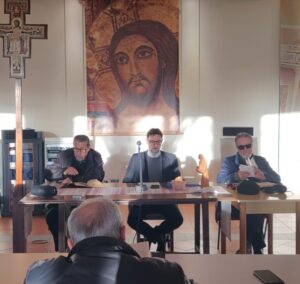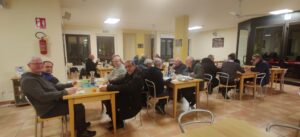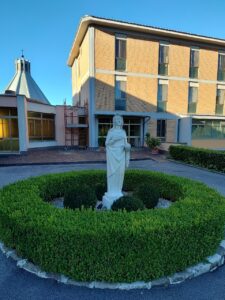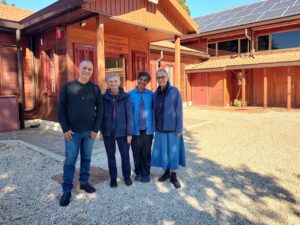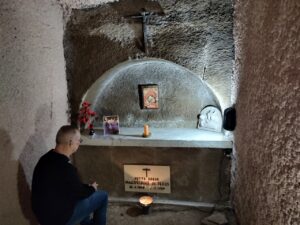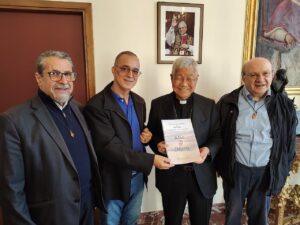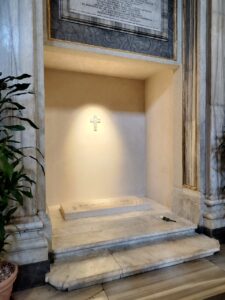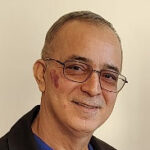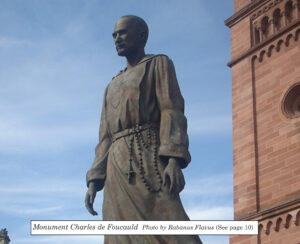“For to us a child is born… and his name will be called ‘Wonderful Counselor, Mighty God, Everlasting Father, Prince of Peace'” (cf. Isaiah 9:6)
Dear brothers,
In this Advent season, as we prepare our hearts, our minds, and our lives to welcome the Child God at Christmas, I write you this short letter.
It is the Christmas of Jesus, a celebration of joy, a celebration of hope, and a celebration of light!
 Let us look at the Nativity scene! What do we see? A simple scene, but full of meaning: a manger with the baby Jesus lying in it; Mary and Joseph admiring and caring for the baby Jesus with great love, but also keeping in their hearts what they saw, heard, and even what they did not understand; the angels singing, praising God, and announcing the presence of the Child God in our midst; in this joy we also see the poor shepherds and the Magi, and along with them the animals, the stars, and all of nature with the exuberance of life, but hidden.
Let us look at the Nativity scene! What do we see? A simple scene, but full of meaning: a manger with the baby Jesus lying in it; Mary and Joseph admiring and caring for the baby Jesus with great love, but also keeping in their hearts what they saw, heard, and even what they did not understand; the angels singing, praising God, and announcing the presence of the Child God in our midst; in this joy we also see the poor shepherds and the Magi, and along with them the animals, the stars, and all of nature with the exuberance of life, but hidden.
In this beautiful scene of songs and joy, there is something that is not spoken of, but it is there: there is an exchange between heaven and earth. It is the greatness of the mystery of God-Love who became incarnate, making himself small and humble, in the simplicity lived by the poor who are in the lowest places.
 The manger in Bethlehem was the beginning of closeness to the simplest and most marginalized. The grotto on the outskirts of Bethlehem, in the midst of the poor, was the place where the Son of God chose to be born. And there he reveals that no one is excluded from His love and His grace.
The manger in Bethlehem was the beginning of closeness to the simplest and most marginalized. The grotto on the outskirts of Bethlehem, in the midst of the poor, was the place where the Son of God chose to be born. And there he reveals that no one is excluded from His love and His grace.
We are all invited to contemplate, meditate and pray about this mystery. Brother Charles, surely, amidst the silence, work and daily tasks, found in the life of Jesus from the manger, the true path to service, imitation and holiness. From his birth, his Beloved Jesus identified himself with the poor and suffering, and he, Brother Charles, did everything possible to imitate Him.
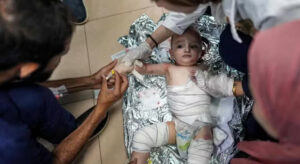 Brothers, Bethlehem is here, where we are currently living: in our parishes; in our liturgical celebrations, in the various pastoral works in which we are involved; in the multitude of migrants who leave their country leaving everything behind, seeking a place to live with dignity; in the victims of wars sponsored by power and greed; in the massacre of peoples by ideologies of death.
Brothers, Bethlehem is here, where we are currently living: in our parishes; in our liturgical celebrations, in the various pastoral works in which we are involved; in the multitude of migrants who leave their country leaving everything behind, seeking a place to live with dignity; in the victims of wars sponsored by power and greed; in the massacre of peoples by ideologies of death.
 That light that shone in the manger there in Bethlehem, still shines today in the struggle to eradicate these situations of death: hunger in the world; to defend human rights, promote justice, responsibility in caring for the marginalized and oppressed, challenging systems that perpetuate injustice.
That light that shone in the manger there in Bethlehem, still shines today in the struggle to eradicate these situations of death: hunger in the world; to defend human rights, promote justice, responsibility in caring for the marginalized and oppressed, challenging systems that perpetuate injustice.
Dear brothers and sisters, as we celebrate the birth of the Child God, our Beloved, I wish that He may reign in our hearts, in our thoughts, and inspire us to be instruments of peace and goodness in this new year that is approaching.
Inspired by Saint Charles de Foucauld, on behalf of myself and the entire international team, I wish everyone a Merry and Holy Christmas and a blessed New Year 2026.
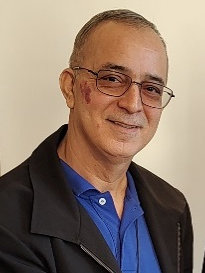 Pe. Carlos Roberto dos Santos
Pe. Carlos Roberto dos Santos
International Responsible



